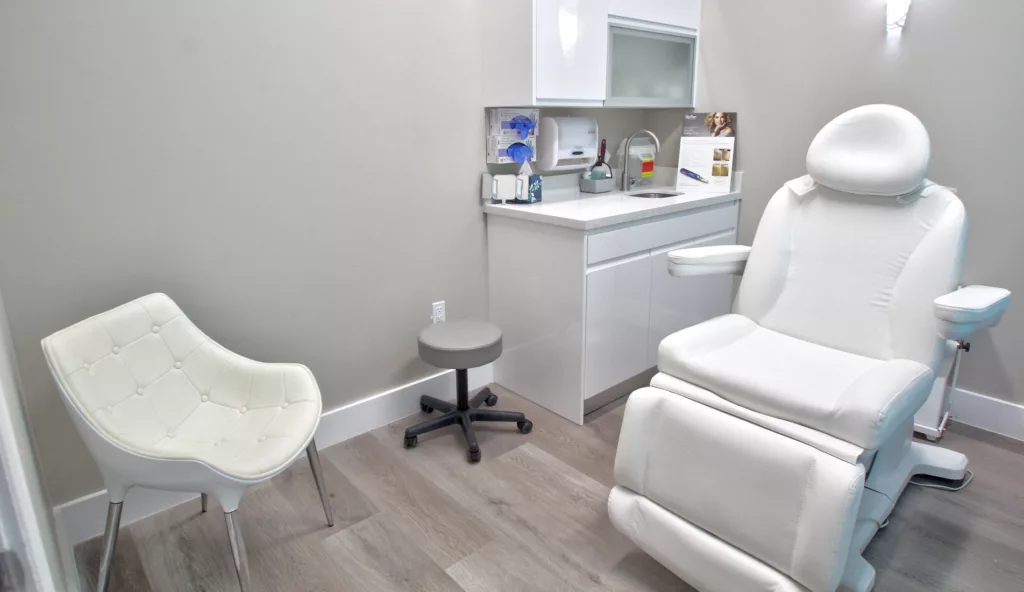When considering a practice sale, one of your top priorities is likely protecting your team. After all, they've helped build your practice into the success it is today. Let's address the key considerations around staff transitions during a sale.
Timing Your Staff Communication
The question of when to inform your staff about a potential sale requires careful consideration. While transparency is important, premature discussions can create unnecessary anxiety. We recommend waiting until you have:
- A clear understanding of the deal structure
- Confirmed buyer intentions regarding staff
- A well-defined transition timeline
- Specific details about benefits and compensation
Understanding the Buyer's Perspective
Most buyers recognize that your staff is integral to your practice's success. They typically aim to:
- Maintain operational continuity
- Preserve existing culture and relationships
- Minimize disruption to daily operations
- Leverage established team dynamics
In fact, buyers often bring enhanced resources that can benefit your staff through:
- Expanded benefits packages
- Additional professional development opportunities
- New career advancement paths
- Improved operational systems
Leading Effective Staff Conversations
When the time comes to inform your team, focus on addressing their primary concerns:
- Job security and role consistency
- Compensation and benefits continuation
- Day-to-day operational changes
- Future growth opportunities
Frame the discussion around how the transition creates opportunities while maintaining stability. Share specific examples of how the buyer's vision aligns with your practice's values and culture.
Managing Special Situations
Long-term Staff Members
If you have staff members receiving above-market compensation, particularly long-term employees or family members, discuss this early in the sale process. Many buyers understand the value of maintaining these relationships and will work to accommodate existing arrangements.
Staff Retention Strategies
Consider implementing:
- Clear communication channels for questions and concerns
- One-on-one meetings to address individual situations
- Written confirmations of employment terms
- Structured transition plans for key team members
Ensuring a Smooth Transition
Working with an experienced M&A advisor who understands both the financial and human elements of practice transitions is crucial. They can help:
- Negotiate staff-related terms during deal structuring
- Develop effective communication strategies
- Address specific staff concerns proactively
- Create detailed transition plans
The key to a successful staff transition lies in careful planning, clear communication, and choosing the right buyer who values your team as much as you do.
Remember, most practice sales result in positive outcomes for staff members, often bringing enhanced benefits and new opportunities for professional growth. The goal is maintaining the strong team dynamics you've built while positioning everyone for continued success under new ownership.



